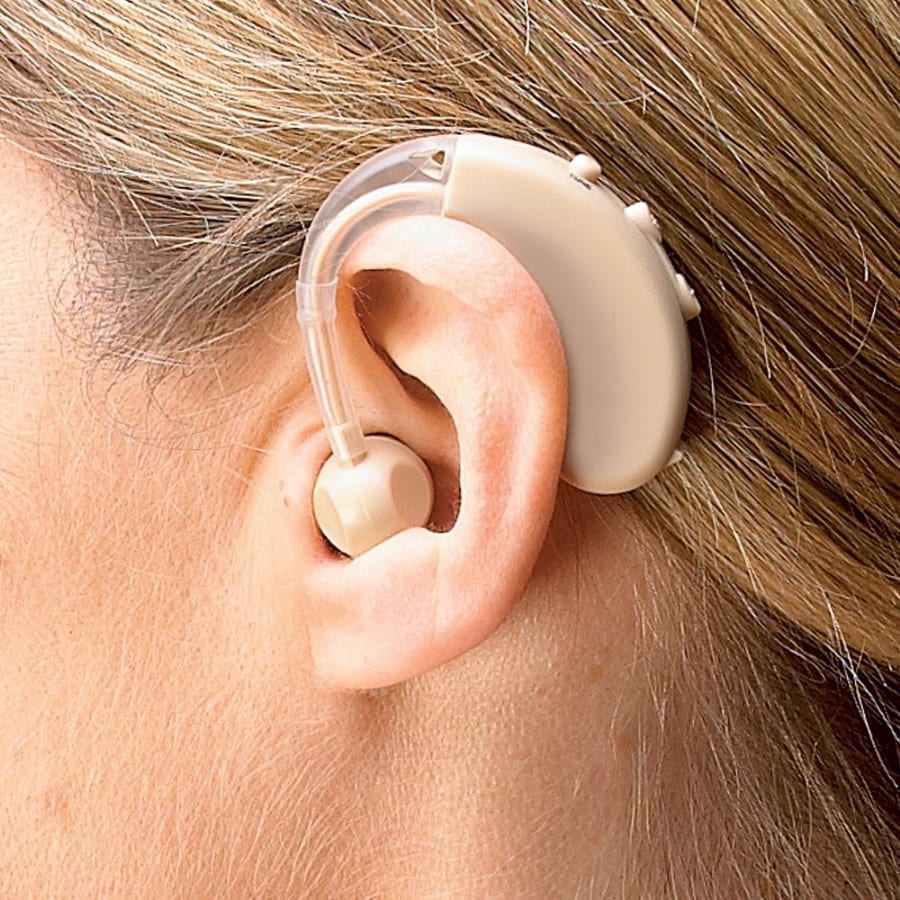
You are said to be suffering from noise-induced hearing loss when your hearing is compromised as a result of being exposed to loud noises over a long time. The ability of the noise to harm your hearing depends on the pitch, loudness, and length of time you are exposed to the noise.
How does noise-induced hearing loss come about?
Noise-induced hearing loss (NIHL) comes about in the inner ear. If you skipped biology class, the ear has three parts: external, middle, and external ear. The inside ear is located inner the skull and it’s the most complex part of the ear.
The part has a wide range of cells and nerves that are arranged in a pattern. When you are exposed to loud or moderately loud noise, you damage the soft tissue of the inner ear. If enough cells and nerves are destroyed, your hearing is damaged permanently.
What are the signs of noise-induced hearing loss?
When you are shown to loud sound for a long time, you are bound to lose your hearing. Since the damage is gradual, you might not notice the damage immediately. Due to this, many people tend to ignore the signs until the signs become more pronounced.
Over time, the sounds become distorted to the extent that you can no longer hear any sounds.
Can you prevent NIHL?
Prevention is always better than cure. The cool idea is that there are lots of ways in which you can prevent the condition from coming about. These ways include:
Reducing your exposure to the noise: If you are constantly working in noisy areas such as in a factory, you should protect yourself by reducing the length of time you are exposed to the noise.
One of the best ways of reducing the exposure is taking a break every hour. Every time you are in the noisy area for more than an hour, take a 10-minute break to relieve your ears from the noise.
Make a habit of wearing earplugs: Earplugs and other hearing protection devices come in handy when you are in constant exposure to loud noises. When you are attending loud parties, operating lawn mowers, leaf blowers, traveling in loud vehicles, or spending a long time in a noisy place f, you should always wear earplugs.
When properly worn, earplugs can quiet up to 25 decibels of sound which can mean the difference between healthy ears and deafness. Earplugs are cheap thus you can easily replace them. You can also easily get them in your local store.
Make use of sound absorbing material in your home: Are there noisy kitchen appliances in your home? Consider placing rubber mats under the appliances to cut down on the noise. You also should consider installing curtains and carpeting in your home.
Double-pane windows and storm windows have also been shown to greatly reduce the amount of outside noise thus keeping you safe.
If you are live in a city or urban area, you can use the hybrid bike because it doesn’t create loud sound. Always try to avoid motorbike in the city area because it creates terrible noise.
Don’t muff noises with other noise: Most of the young people try to muff the outside noises with music. This is wrong as you have to put up the music volume which as you might have guessed, ends up causing more harm to your ears.
Undertake regular ear inspections: If you are regularly exposed to loud noises, you should not go for more than a year without getting tested. Even if you take all the safety criteria to protect your ears, it’s wise that you visit a doctor who will undertake a number of tests to determine how healthy your ears are.
In some cases, when the condition is detected while at the initial stages, the issue can be fixed but if you go for years without the condition being diagnosed, you can’t find help.
Living with noise-induced hearing loss
Once you are diagnosed with the condition and it has escalated to late stages, there is no cure for it. You can feel disconnected from the outside world initially when you can’t hear the different sounds.
To restore your hearing, there are hearing aids that you can use to magnify the sounds so that you don’t struggle to hear. If you can afford it, you can go for a cochlear implant. This is an electronic hearing device that replaces the damaged inner ear.
The implant is surgically implanted into the inner ear and it provides the sound signals to your brain.
